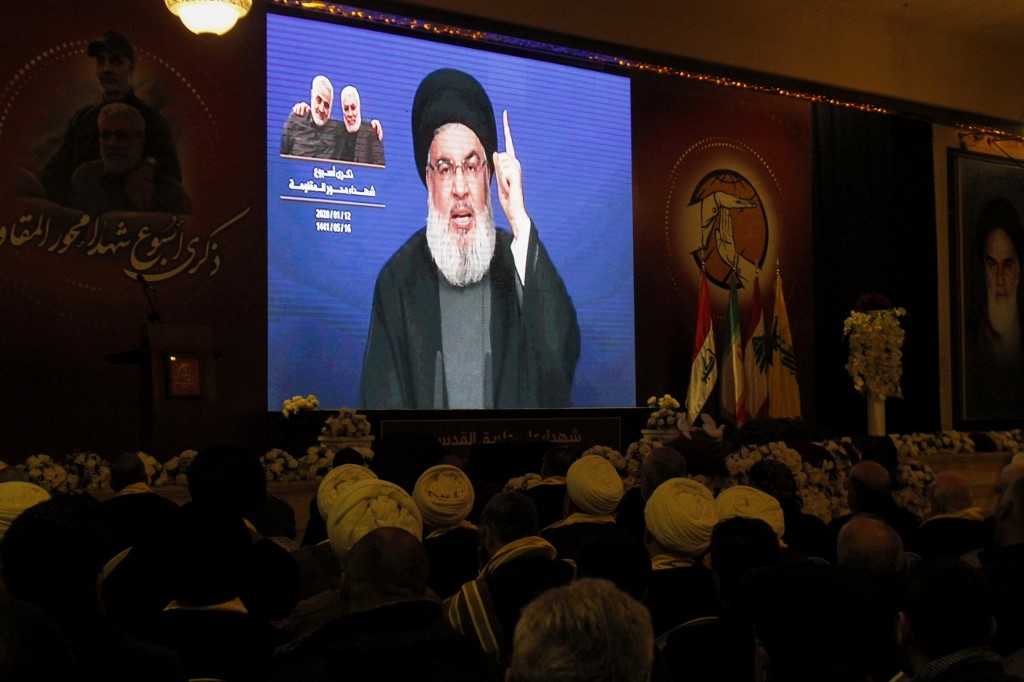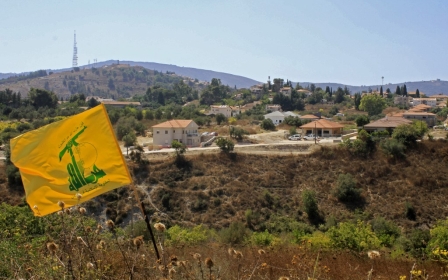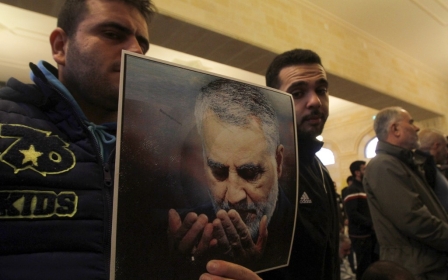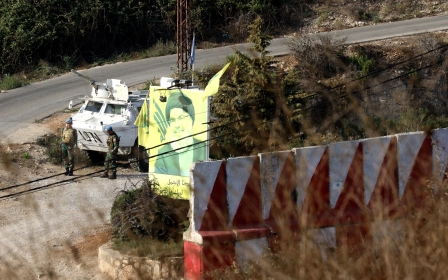Britain freezes Hezbollah's assets following 'terror' designation

Britain has subjected Lebanon's entire Hezbollah movement to asset-freezing amid continued tensions with its main sponsor Iran.
Parts of the movement have been banned since 2001, with its military wing outlawed in 2008, but Friday's announcement means anyone who has financial links to the organisation must sever them or risk prosecution.
The change followed an annual review of the asset-freezing register, bringing it in line with a decision in March to blacklist the group, a treasury spokesman said.
"The UK remains committed to the stability of Lebanon and the region, and we continue to work closely with our Lebanese partners," the spokesman added.
Hezbollah has "publicly denied a distinction between its military and political wings", the treasury said in a notice posted on its website.
"The group in its entirety is assessed to be concerned in terrorism and was proscribed as a terrorist organisation in the UK in March 2019," it added.
"This listing includes the Military Wing, the Jihad Council and all units reporting to it, including the External Security Organisation."
Home Secretary Sajid Javid said in a tweet: "We will take whatever action is necessary to tackle terror groups that threaten our security. Hizballah (sic) itself makes no distinction between its military and political wings. Nor do we."
Founded by Iran's Revolutionary Guards in 1982 during the Lebanese civil war, the group has become a key part of Iran's strategy for regional influence.
It remains one of Lebanon’s biggest political parties and has been a major thorn in the side of Israel for a generation.
Hezbollah's intervention in Syria's civil war served to strengthen President Bashar al-Assad's grip on power and has also helped secure Iranian and Russian interests in the region.
Britain's move comes after the US killed top Iranian general Qassem Soleimani in an air strike, an attack that has been supported by Prime Minister Boris Johnson.
Earlier this week, Johnson threw his support behind Washington amid heightened US-Iran tensions, saying the Iran nuclear deal should be "replaced" with a US President Donald Trump version of the agreement.
"President Trump is a great dealmaker, by his own account. Let's work together to replace the JCPOA and get the Trump deal instead," he said.
The Joint Comprehensive Plan of Action (JCPOA), otherwise known as the Iran nuclear deal, was signed by the US, the UK, France, Germany, the European Union, China and Russia in 2015.
Its aim was to curb Iran's nuclear programme in exchange for lifting heavy economic sanctions against Tehran.
Since the US unilaterally withdrew from the deal in May 2018, Iran has said it will no longer abide by any restrictions and has gradually lifted limits on its production of enriched uranium.
Middle East Eye propose une couverture et une analyse indépendantes et incomparables du Moyen-Orient, de l’Afrique du Nord et d’autres régions du monde. Pour en savoir plus sur la reprise de ce contenu et les frais qui s’appliquent, veuillez remplir ce formulaire [en anglais]. Pour en savoir plus sur MEE, cliquez ici [en anglais].




